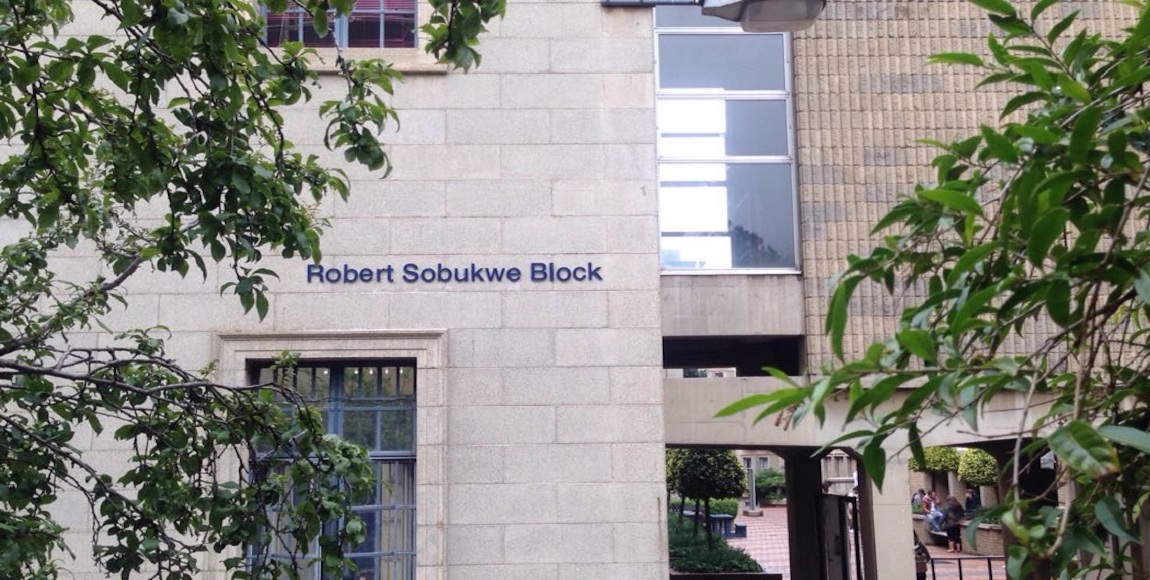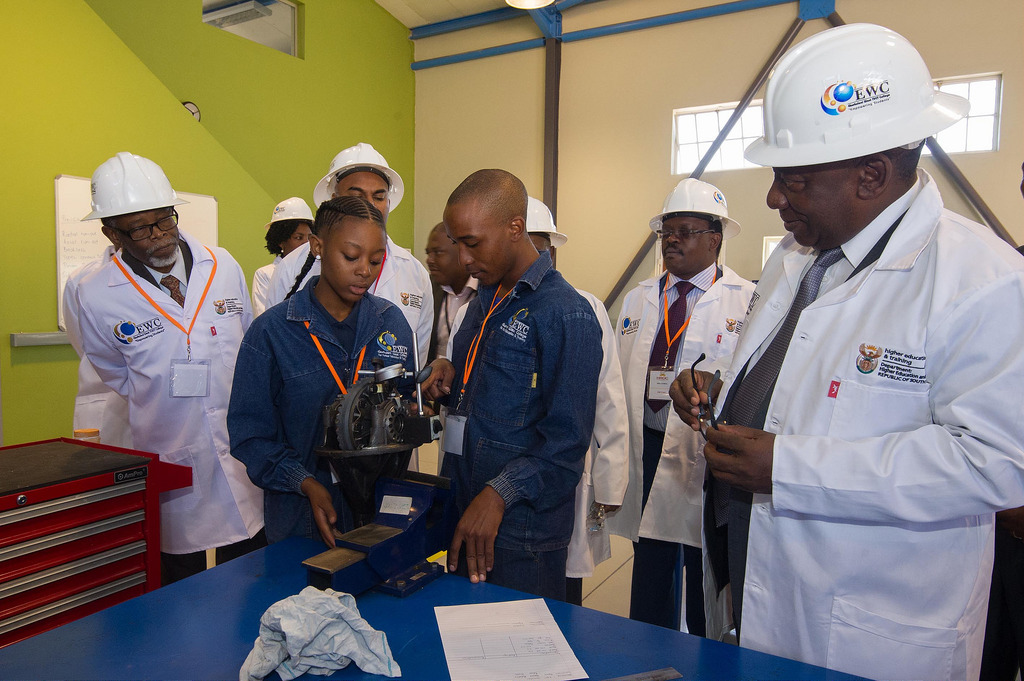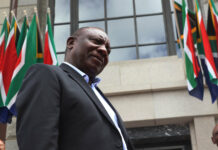The Rhodes Must Fall and Fees Must Fall movements have raised important questions about whether we have truly African universities or whether our universities are simply Western structures in an African setting. As universities are pressured to transform, there are increasing efforts to make the university a more inclusive space. Recently, the University of the Witwatersrand (Wits) recently changed the name of Central Block to Robert Sobukwe Block. The Daily Vox asked Wits students whether the name changes are a step towards transformation.
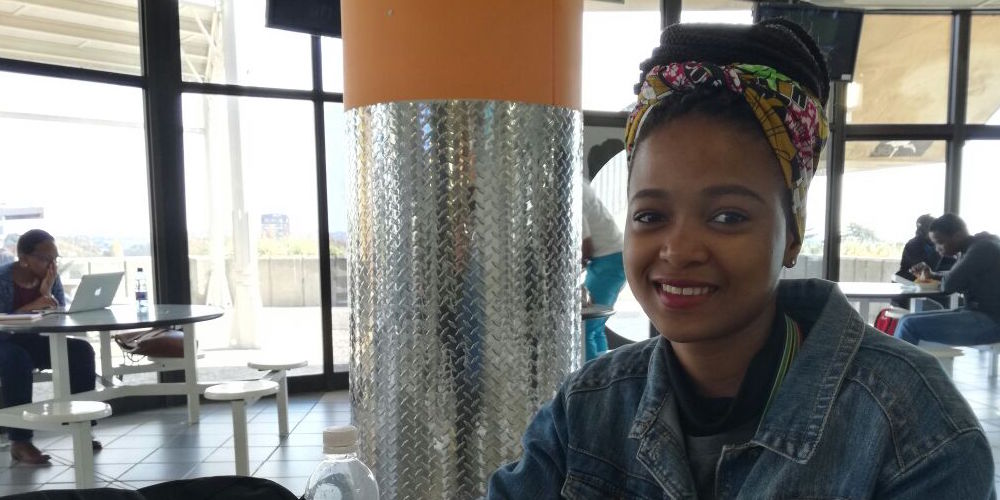
It’s a good start but honestly, for example Senate House, it’s still called Senate House. It hasn’t changed anything for people, they just changed the name. Nobody recognises it as Solomon Mahlangu. I didn’t even know that the buildings’ names had been changed, to be honest. It’s still the same. What the university is doing is good, I just think more needs to be done. They need to recognise students. I wasn’t here for Fees Must Fall, but from what we saw in the news, students were not taken seriously. The university must also support students and the whole decolonisation movement. Changing the names of buildings is a way to appease students. More needs to be done. I just feel like they’re saying, ‘Here, here’s what you want. Now just keep quiet, just carry on with life.’ It shouldn’t be like that at all. I think the students should persist for real change.
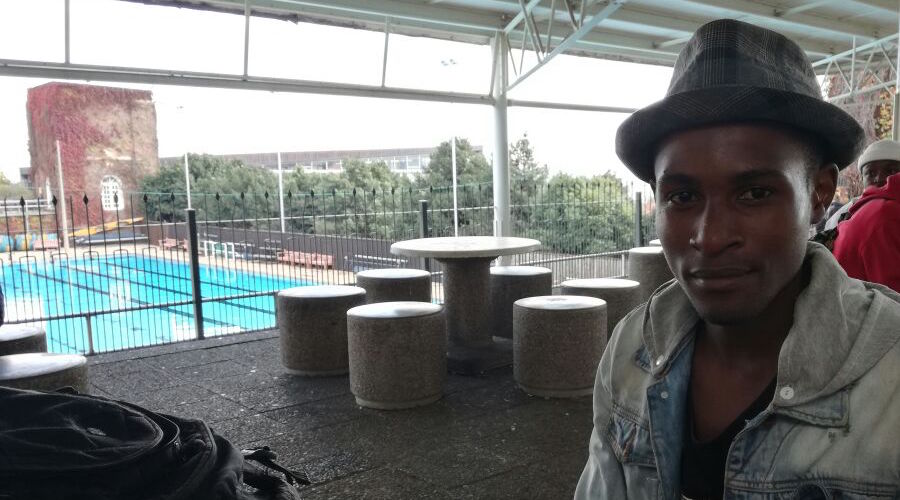
Personally, I don’t think we should destroy the past to the point where we want to change names and things like that. To me, it’s harmless. I’ve been to Durban and when you enter Durban it’s called West Street. Now they changed it to some other name, some African name. I’m African and I don’t view it as something necessary. If we want to address a political issue of oppression then we should just build our own structures with our own names. If we really want to move on and become better people, we need to try and let go of the past. I don’t feel it’s going to make a difference changing the name of a structure. Even that person that structure was named for was doing what was good or what was necessary at that time. And that’s what they want to remember that person for. If we wanted to remove the legacy of apartheid, I think we should plan in a way that improves ourselves as people. We have a beautiful culture in South Africa. It’s diverse. Structure is one thing because we can destroy the name but what about other things? All history is not all bad. We must still remember something about whoever, whatever Afrikaans name, Jan van Riebeeck. Whoever.

It’s important because of representation, in terms of people of colour feeling, ‘Okay there’s space for me here because there’s a building that has a name that’s similar to mine.’ You’ll be more encouraged, I guess? But I think it’s just a facade. It’s like people protest and you give them the bare minimum just to keep them quiet. But they know that nothing has really changed. We have how many buildings in Wits? And they just changed the names of two. If you look at your timetable, it still says CB for Central Block instead of RS for Robert Sobukwe. Your lecturers still refer to it as Central Block, your timetable refers to it as Central Block. The only time anyone refers to it as Robert Sobukwe is when they’re politically aware. Has anything changed? Do people even notice? The university didn’t even make some big publicity thing about it, it changed subtly. I didn’t read the emails about the whole name change but I did know about Solomon Mahlangu because there was a lot of publicity around that. But with Robert Sobukwe, I was just casually walking past and I was like, ‘Oh, what’s that there?’ And that’s when Carole was like, “Yeah they changed the name.†I don’t feel like it makes a lasting impact. Our syllabus is still colonised, our lecturers still have colonised views so how can they teach a decolonised syllabus?
Carole Mumba (right), 20, BA media studies and English literature, third-year student
It shows that there’s room for transformation seeing as decolonisation has become this primary factor of this generation. It goes to show that people are ready to transform and ready to actually talk about these issues because these issues are there. It’s real. I use the two names – Senate House and Solomon Mahlangu, and Central Block and Robert Sobukwe – interchangeably because I’m still getting used to Senate House and Central Block. I want to get into the habit of using the new names because they are significant. Changing the names of buildings is symbolic because it has to do with the act of decolonisation. It’s baby steps towards that and making people aware of who these people were. Solomon Mahlangu and Robert Sobukwe – who were they? Now people will be interested in getting to know who they were.
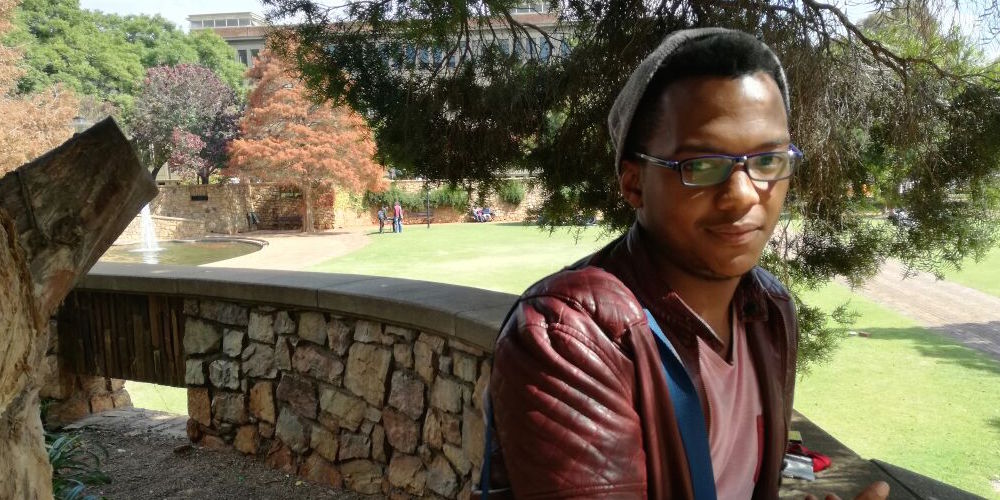
I honestly don’t think it’s important or that it makes any difference whatsoever. Even today, people still call the building Senate House not Solomon Mahlangu House. I think it’s some political agenda to make things more African. Changing a name doesn’t change what a building is, it doesn’t change how people perceive the building. Probably in the future people are going to start calling it Solomon Mahlangu, not because they see fit to calling it Solomon Mahlangu, but because now they’re accustomed to it. But it doesn’t change a thing, honestly. It doesn’t do anything for transformation. I don’t think transformation is a problem at Wits because if I walk around I see more African people. People get here and things don’t go the way they plan and then they start complaining. I have friends like this. If a building is named after an apartheid hero, that’s starting trouble. That’s like provoking what people are against. Calling it Senate House, Senate House is not a person or anything historically bad. Changing it to Solomon Mahlangu who was a South African hero, I already know that. I don’t need a building to know that. Most of the people who push these political agendas don’t know anything about South African history. They just know that there were strikes and the entire strike system just excites them. It just really excites them that we can go out there and strike and become one of our heroes once again.
Voxes have been edited for brevity and clarity.

